Details of the court ruling: The Gelnhausen District Court ruled in case 52 C 76/24 that the use of a mobile surveillance camera may be inadmissible if there is a possibility that the camera could record the neighboring property. This decision was based on the finding that the surveillance pressure created violates the neighbor's general personal rights, even if the camera could only theoretically record the neighboring property. The ruling ensured that the defendant must operate the camera in such a way that no events on the plaintiff's property are recorded.
Does this mean a general ban on swiveling surveillance cameras? -NO
No general ban on PTZ cameras: The ruling of the Gelnhausen District Court does not represent a general ban on swiveling PTZ cameras (pan-tilt-zoom cameras). It is important to consider the ruling in the context of the specific circumstances of the case. In Germany, judges are not bound by decisions of other courts, so similar cases can be decided differently.
Compliance with data protection laws: The use of surveillance cameras, including swivel models, is generally regulated by the General Data Protection Regulation (GDPR) and the Federal Data Protection Act (BDSG). These laws do not stipulate a general exclusion of swivel cameras. What is crucial is that the cameras are used in such a way that no unauthorized surveillance of third parties takes place.
Video surveillance practice: Pan-tilt cameras such as the Oculus Pro are permitted to operate as long as they do not monitor the neighbors' property. This means that the camera orientation and the use of the electronic control mechanism must be carefully planned and controlled to ensure that only one's own property is captured.
Judgment-specific factors: In the specific case of the Gelnhausen District Court, the use of the camera was deemed inadmissible because there was a possibility that the camera would capture the neighboring property, which would lead to surveillance pressure and thus a violation of general personal rights. Such a judgment depends heavily on the individual circumstances and the judge's interpretation.
In summary: The use of swivel surveillance cameras is generally permitted in Germany as long as the applicable data protection laws are observed and the surveillance is limited to one's own property. The ruling by the Gelnhausen District Court simply emphasises the need to ensure that no unlawful surveillance of third parties takes place. In practice, this means that precautions must be taken when installing and using such cameras in order to avoid legal conflicts.
The security experts at Weber Protect will be happy to help you analyze your individual security needs. A holistic security concept does not have to be very expensive. You do not need to hire expensive tradesmen for Weber Protect's security products. You can install and configure all products yourself.
Our range of security products offers everything you need to protect your home. Our video surveillance products protect your home from the front door to the garden.
Please visit our website or contact our customer service for individual advice:
Weber Protect Customer Service
Mon – Fri: 09:00 – 17:00
Phone: +49 (0)30 318765100
Email: info@weberprotect.com


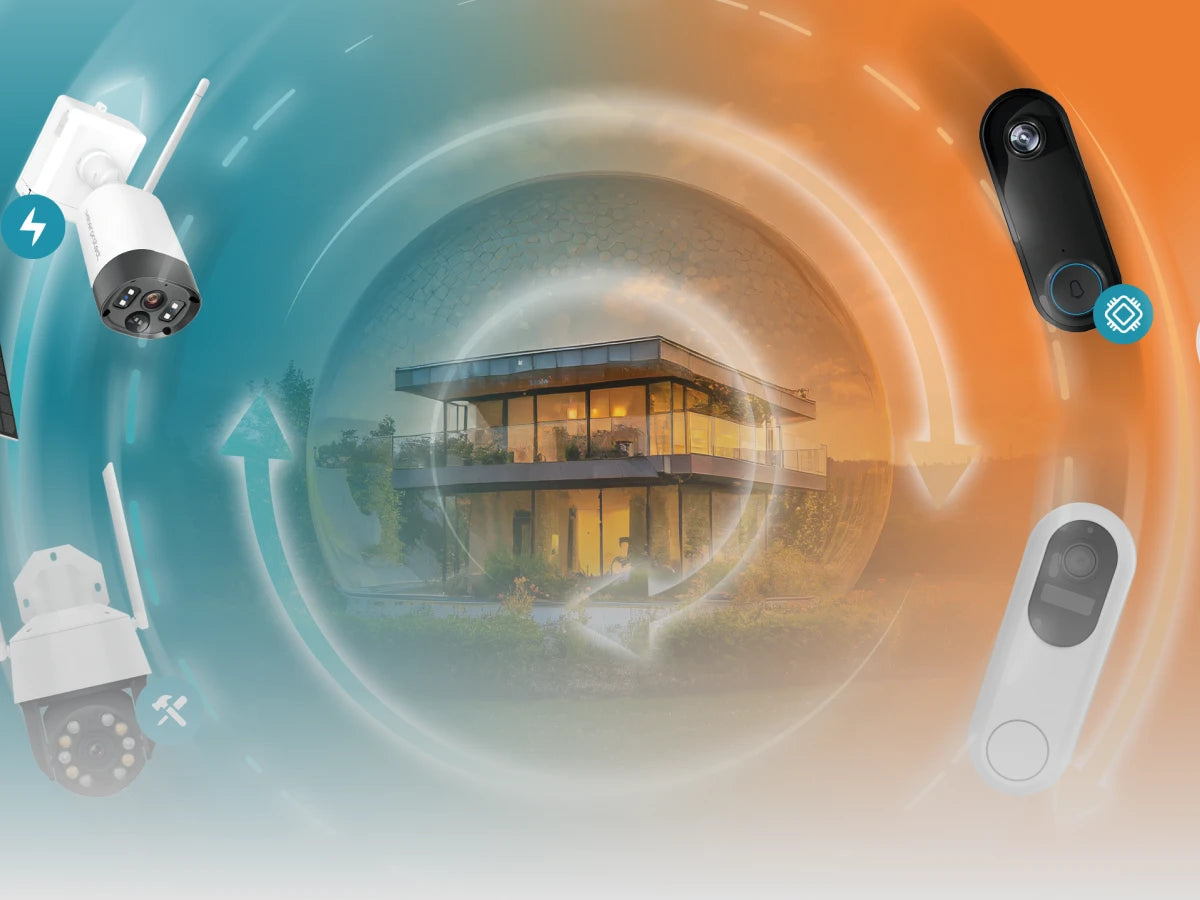
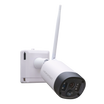
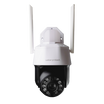







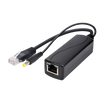

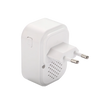
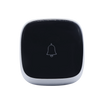


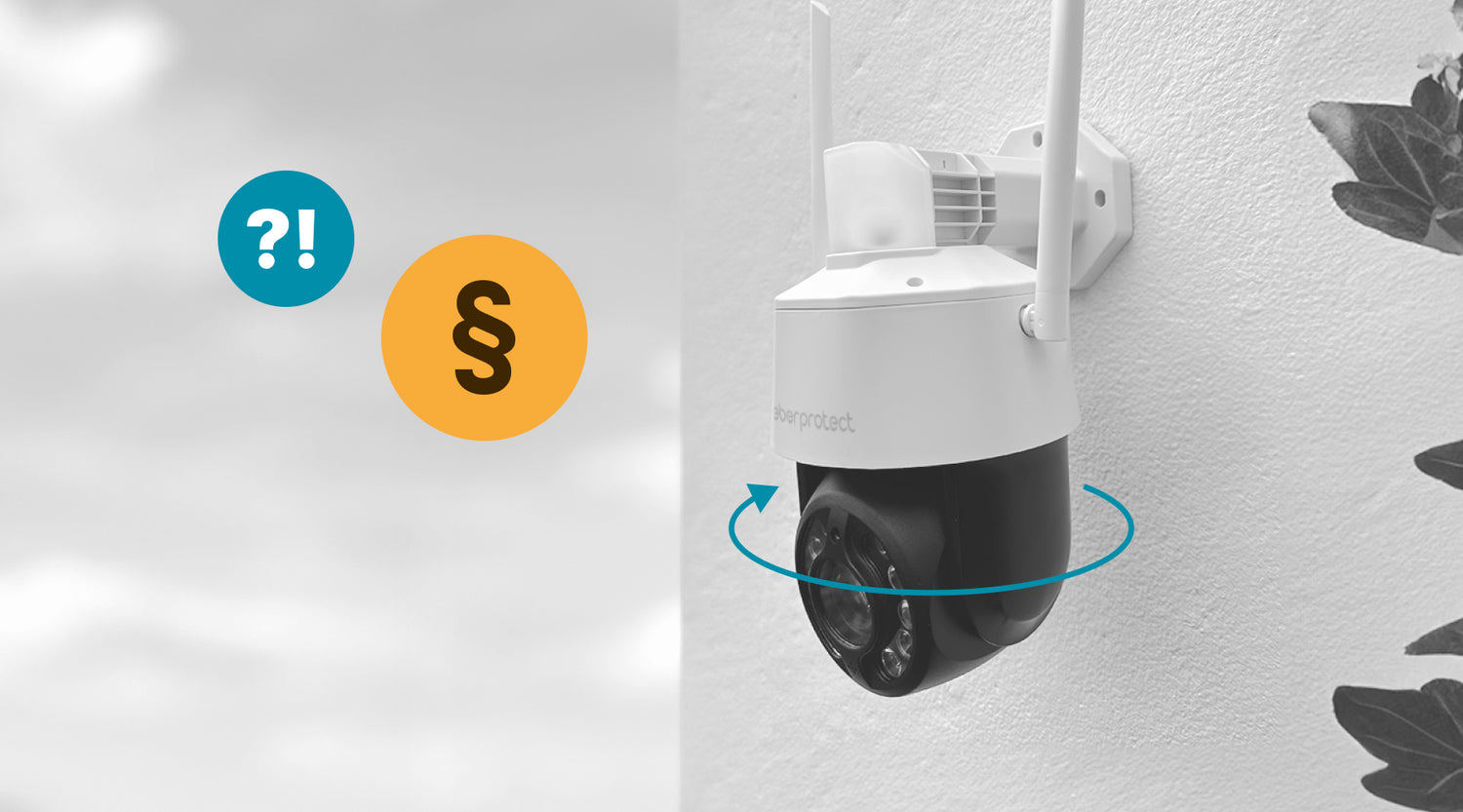


Leave a comment
This site is protected by hCaptcha and the hCaptcha Privacy Policy and Terms of Service apply.